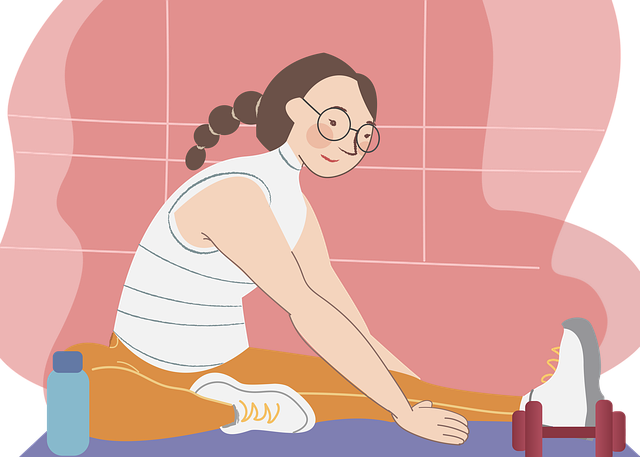Hypogonadism Among Men: Frequently Asked Questions

Hypogonadism among men is a condition that affects the production of testosterone in the body. A common symptom is erectile dysfunction. It can result from medical conditions, genetics, or aging. It can also be caused by drug use and chronic illnesses such as HIV or cancer. Below are frequently asked questions and answers about hypogonadism.
When is menopause in men (Hypogonadism)?
Menopause, i.e. symptoms associated with falling testosterone levels, usually occurs in men between the ages of 50 and 60. However, the gradual drop in testosterone levels begins much earlier.
When do testosterone levels drop in men?
Testosterone levels begin to decline in men in their mid to late 30s. But that happens very slowly. It usually takes many years and decades before the changes become noticeable in the form of symptoms and complaints.
How high should testosterone levels be?
Testosterone levels vary from man to man, fluctuate throughout the day, and also change with age. According to the European Society of Urology, total testosterone should be above 12.1 nmol/L and free testosterone should not fall below 243 pmol/L .
Read also: Anabolic Steroid: The Use In Practice
What causes low testosterone levels?
Low testosterone levels can cause a variety of ailments. The typical symptoms include above all a reduced desire for sex, erectile dysfunction, and a reduction in muscle mass, but also mood swings and hot flashes.
How do you recognize low testosterone?
The possible effects of a testosterone deficiency in old age can cause very different symptoms. Typical are the following – a loss of libido, erectile dysfunction, and a reduction in muscle mass. But completely unspecific symptoms such as listlessness, exhaustion, tiredness, mood swings, sleep disorders, hot flashes, and osteoporosis can also occur. Whether there is actually a testosterone deficiency can ultimately only be determined by means of a saliva test or blood test.
Testosterone deficiency, what to do?
If you have a testosterone deficiency, weight loss and lifestyle changes with healthier eating, more exercise, and fewer stimulants can make a big difference. In severe cases, testosterone replacement therapy can also be used. Some recommendations could be an intake of the highest rated testosterone booster. It’s always best to consult with a doctor.
How is testosterone deficiency noticeable?
A lack of testosterone can manifest itself with a whole range of symptoms. The typical symptoms include a reduced desire for sex, erectile dysfunction, and a reduction in muscle mass, but also mood swings, listlessness, and hot flashes.
What are the symptoms of low testosterone?
The typical symptoms of a testosterone deficiency include reduced desire for sex, erectile dysfunction and a reduction in muscle mass, but also mood swings and hot flashes.




